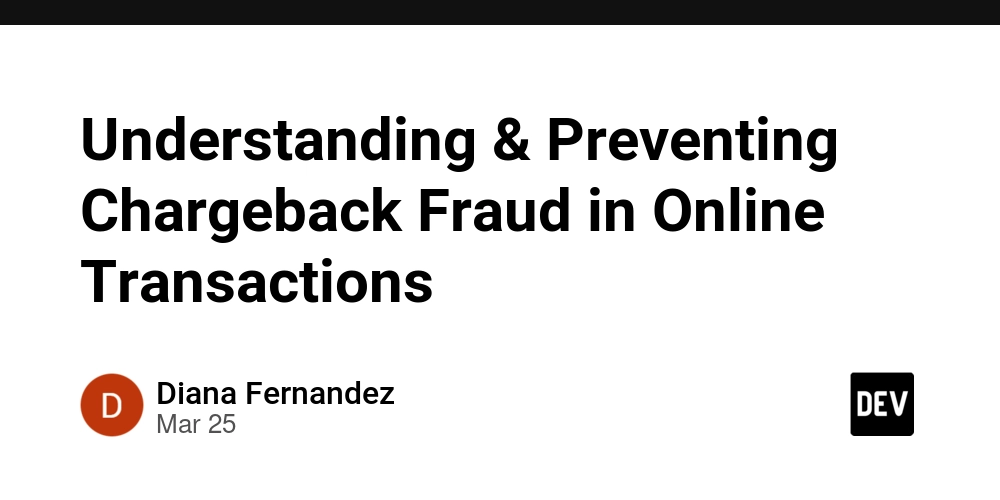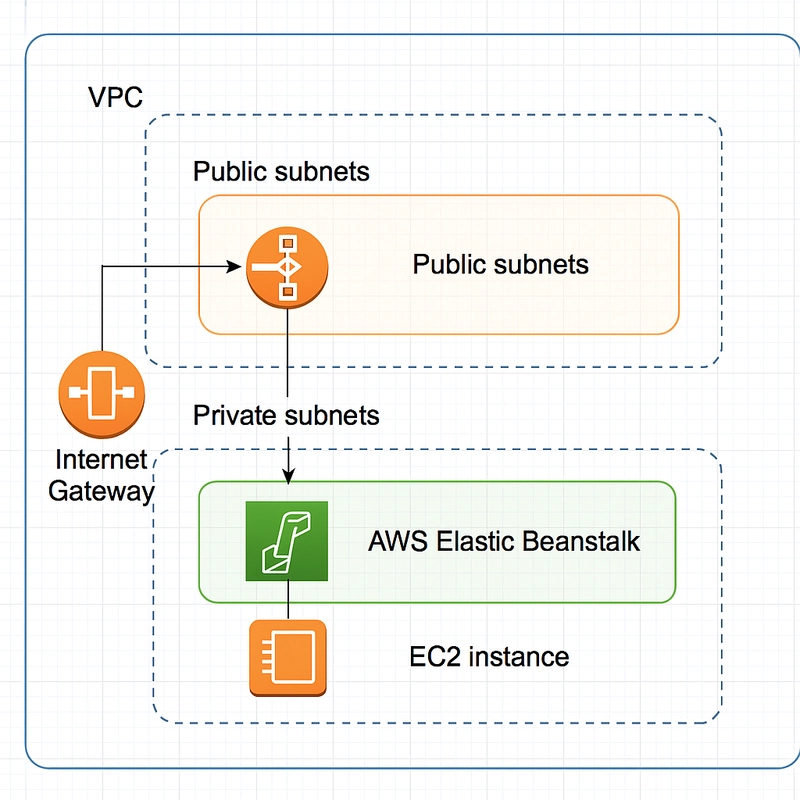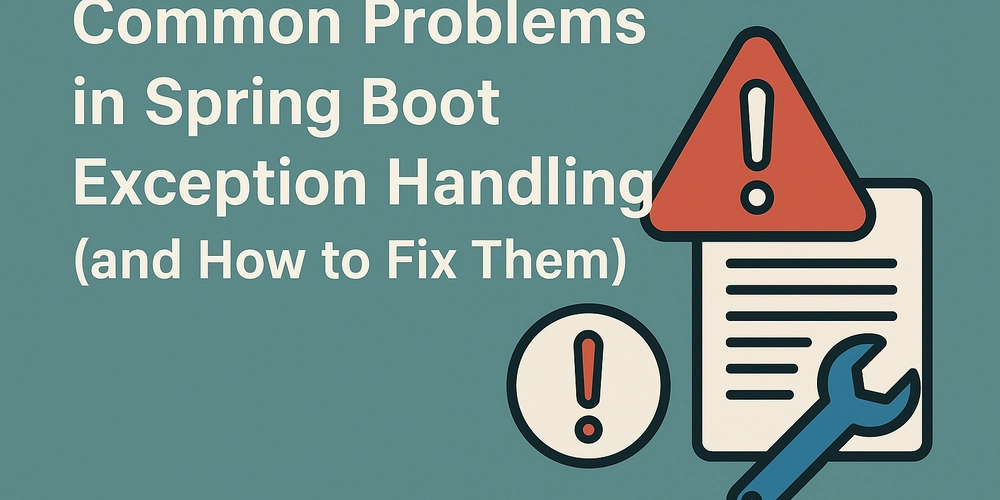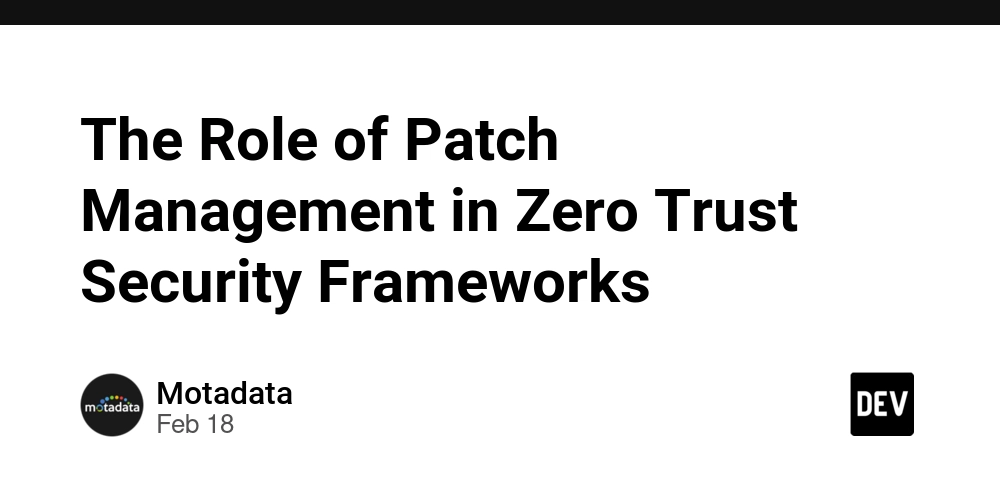Understanding & Preventing Chargeback Fraud in Online Transactions
Understanding and Preventing Chargeback Fraud Chargeback fraud is a growing concern for online businesses, leading to revenue loss and operational challenges. It occurs when a customer disputes a legitimate transaction with their bank to receive a refund while still keeping the purchased goods or services. Unlike genuine chargebacks, which occur due to fraud or merchant errors, chargeback fraud is intentional and often referred to as "friendly fraud." How Chargeback Fraud Works A customer makes a purchase – The transaction is completed successfully. The customer disputes the charge – They claim unauthorized use, item non-receipt, or dissatisfaction. The bank initiates a chargeback – Funds are reversed from the merchant’s account. The merchant incurs losses – Businesses may lose money, face penalties, and suffer reputational damage. Common Causes of Chargeback Fraud Buyer’s remorse: Customers regret a purchase and falsely claim fraud. Misunderstanding policies: Customers dispute charges due to unclear return/refund policies. Unauthorized use claims: Even when they authorized a purchase, some buyers claim fraud. Subscription disputes: Customers forget or deny subscribing and dispute recurring payments. How to Prevent Chargeback Fraud Use Strong Customer Authentication (SCA): Implement multi-factor authentication like OTPs and 3D Secure to verify transactions. Clear Refund & Return Policies: Display policies transparently to reduce customer disputes. Monitor Transaction Patterns: Use fraud detection tools to identify suspicious behavior. Provide Excellent Customer Support: Address customer concerns promptly to prevent disputes. Maintain Proof of Transactions: Keep records of orders, delivery confirmations, and customer communications to contest fraudulent chargebacks. Final Thoughts Chargeback fraud can significantly impact businesses, leading to financial losses and higher processing fees. By adopting robust security measures and clear communication practices, businesses can minimize fraudulent disputes and protect their revenue. Understanding chargeback fraud is the first step toward effective prevention.

Understanding and Preventing Chargeback Fraud
Chargeback fraud is a growing concern for online businesses, leading to revenue loss and operational challenges. It occurs when a customer disputes a legitimate transaction with their bank to receive a refund while still keeping the purchased goods or services. Unlike genuine chargebacks, which occur due to fraud or merchant errors, chargeback fraud is intentional and often referred to as "friendly fraud."
How Chargeback Fraud Works
A customer makes a purchase – The transaction is completed successfully.
The customer disputes the charge – They claim unauthorized use, item non-receipt, or dissatisfaction.
The bank initiates a chargeback – Funds are reversed from the merchant’s account.
The merchant incurs losses – Businesses may lose money, face penalties, and suffer reputational damage.
Common Causes of Chargeback Fraud
Buyer’s remorse: Customers regret a purchase and falsely claim fraud.
Misunderstanding policies: Customers dispute charges due to unclear return/refund policies.
Unauthorized use claims: Even when they authorized a purchase, some buyers claim fraud.
Subscription disputes: Customers forget or deny subscribing and dispute recurring payments.
How to Prevent Chargeback Fraud
Use Strong Customer Authentication (SCA): Implement multi-factor authentication like OTPs and 3D Secure to verify transactions.
Clear Refund & Return Policies: Display policies transparently to reduce customer disputes.
Monitor Transaction Patterns: Use fraud detection tools to identify suspicious behavior.
Provide Excellent Customer Support: Address customer concerns promptly to prevent disputes.
Maintain Proof of Transactions: Keep records of orders, delivery confirmations, and customer communications to contest fraudulent chargebacks.
Final Thoughts
Chargeback fraud can significantly impact businesses, leading to financial losses and higher processing fees. By adopting robust security measures and clear communication practices, businesses can minimize fraudulent disputes and protect their revenue. Understanding chargeback fraud is the first step toward effective prevention.











































































































































































![[The AI Show Episode 142]: ChatGPT’s New Image Generator, Studio Ghibli Craze and Backlash, Gemini 2.5, OpenAI Academy, 4o Updates, Vibe Marketing & xAI Acquires X](https://www.marketingaiinstitute.com/hubfs/ep%20142%20cover.png)




























































































































![[DEALS] The Premium Learn to Code Certification Bundle (97% off) & Other Deals Up To 98% Off – Offers End Soon!](https://www.javacodegeeks.com/wp-content/uploads/2012/12/jcg-logo.jpg)


![From drop-out to software architect with Jason Lengstorf [Podcast #167]](https://cdn.hashnode.com/res/hashnode/image/upload/v1743796461357/f3d19cd7-e6f5-4d7c-8bfc-eb974bc8da68.png?#)








































































































.png?#)

































_Christophe_Coat_Alamy.jpg?#)
 (1).webp?#)





































































































![Apple Considers Delaying Smart Home Hub Until 2026 [Gurman]](https://www.iclarified.com/images/news/96946/96946/96946-640.jpg)
![iPhone 17 Pro Won't Feature Two-Toned Back [Gurman]](https://www.iclarified.com/images/news/96944/96944/96944-640.jpg)
![Tariffs Threaten Apple's $999 iPhone Price Point in the U.S. [Gurman]](https://www.iclarified.com/images/news/96943/96943/96943-640.jpg)




































































































































